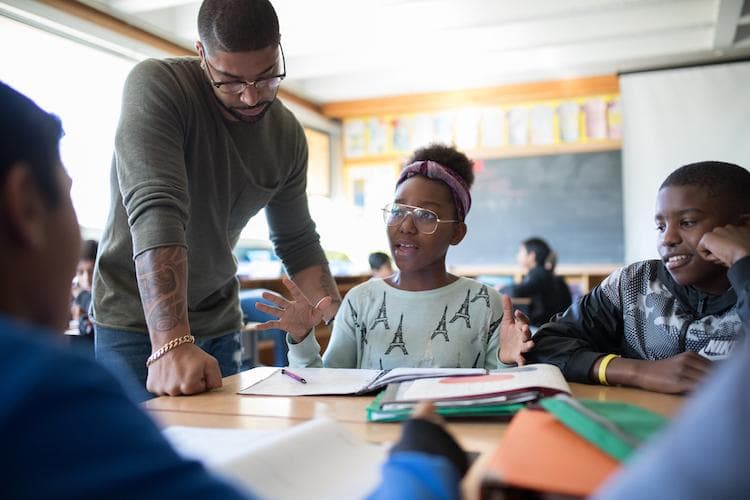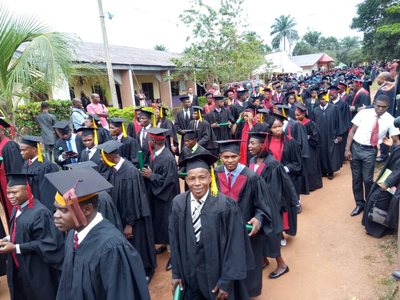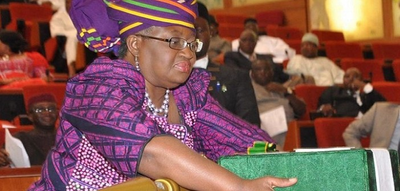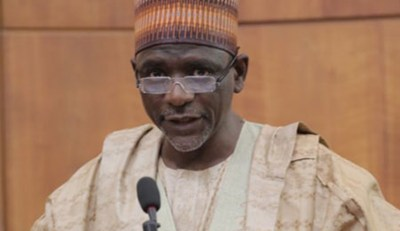40% don’t access education in a language they understand- A new paper by UNESCO’s Global Education Monitoring Report (GEM Report) reports that 40% of the global population does not access education in a language they understand. The policy paper, ‘If you don’t understand, how can you learn?’ released for International Mother Language Day (21 February), argues that being taught in a language other than their own can negatively impact children’s learning, especially for those living in poverty.
UNESCO Director-General Irina Bokova underlined the basic principle of children learning in a language they speak. . “With a new global education agenda that prioritizes quality, equity and lifelong learning for all, it is essential to encourage full respect for the use of mother language in teaching and learning, and to promote linguistic diversity. Inclusive language education policies will not only lead to higher learning achievement, but contribute totolerance, social cohesion, and, ultimately, peace.”
Learning improves in countries that have invested in bilingual programmes. In Guatemala, students in bilingual schools have lower repetition and dropout rates. They also have higher scores in all subject areas. Children in Ethiopia who participated in bilingual programmes for eight years improved their learning in subjects across the curriculum.
The UNESCO GEM Report’s World Inequality Database on Education (WIDE) shows the breakdowns for learning in countries, depending on the language of assessment:
In Côte d’Ivoire, 55% of grade 5 students who speak the test language at home learned the basics in reading in 2008, compared with 25% of those who speak another language.
In the Islamic Republic of Iran, 80% of grade 4 students who did not speak Farsi at home reached the basics in reading, compared with over 95% of Farsi speakers.
In Honduras, in 2011, 94% of grade 6 students who spoke the language of instruction at home learned the basics in reading compared to 62% of those who did not.
In Turkey in 2012, around 50% of poor non-Turkish speaking 15 year olds achieved minimum benchmarks in reading, against the national average of 80%.
In multi-ethnic societies, including Turkey, Nepal, Pakistan, Bangladesh and Guatemala, the paper shows that imposing a dominant language through a school system – while sometimes a choice of necessity – has frequently been a source of grievance linked to wider issues of social and cultural inequality.
Aaron Benavot, Director of UNESCO’s GEM Report says language can serve as a double-edged sword. “While it strengthens an ethnic group’s social ties and sense of belonging, it can also become a basis for their marginalization. Education policy must ensure that all learners, including minority language speakers, access school in a language they know.”
The paper has key recommendations to ensure that children are taught in a language they understand:
At least six years of mother tongue instruction is needed so that gains from teaching in mother tongue in the early years are sustained.
Education policies should recognize the importance of mother tongue learning. A review of 40 countries’ education plans finds that only less than half of them recognize the importance of teaching children in their home language, particularly in early grades.
Teachers need to be trained to teach in two languages and to understand the needs of second-language learners. Teachers are rarely prepared for the reality of bilingual classrooms, including with inclusive teaching materials and appropriate assessment strategies. In Senegal, only 8%, and in Mali, only 2% of trained teachers expressed confidence about teaching in local languages.
For more information, or please contact Kate Redman on 0033 602049345 k.redman@unesco.org
* Developed by an independent team and published by UNESCO, the Global Education Monitoring Report (GEM Report) is an authoritative reference that aims to inform, monitor, influence and sustain genuine commitment towards the fourth Sustainable Development Goal on Education and its corresponding targets. – It replaces UNESCO’s EFA Global Monitoring Report (GMR).




